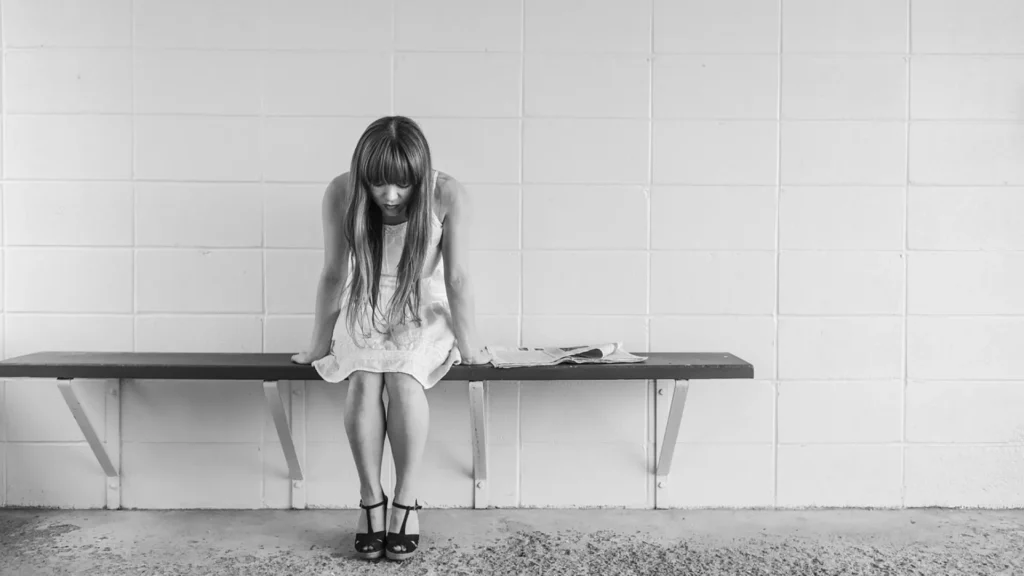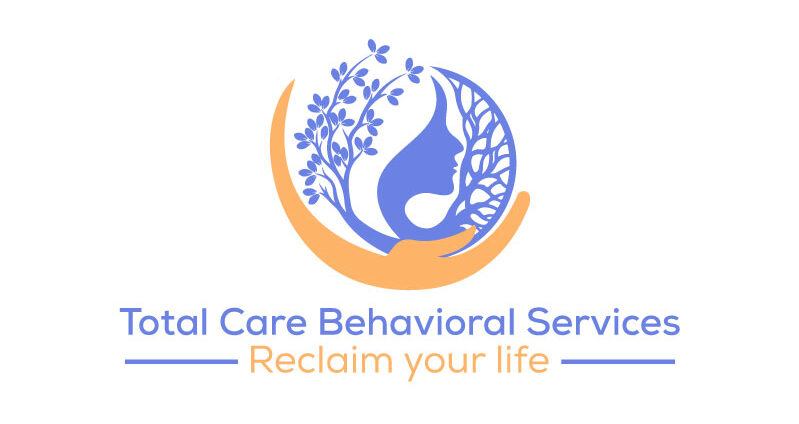Coping with Seasonal Depression and Sobreity: Strategies for a Healthier Winter
As the days grow shorter and the chill of winter sets in, many people find themselves struggling with seasonal depression. For those on the journey of sobriety, these months can bring unique challenges. In this article, we’ll explore what seasonal depression is, how it can affect sobriety, and offer practical, compassionate strategies to help you navigate these difficult times. Stephanie Abel, a dedicated provider of behavioral health services in Loganville, Georgia, is committed to supporting you to overcome these seasonal coping seasonal depression and sobreity.
Understanding Seasonal Depression
Seasonal depression, often referred to as Seasonal Affective Disorder (SAD), is a type of depression that typically occurs during the fall and winter months when natural sunlight is limited. Symptoms can include:
- Low Energy and Fatigue: A marked decrease in energy levels can make even daily tasks feel overwhelming.
- Mood Changes: Feelings of sadness, hopelessness, or irritability can become more pronounced.
- Disrupted Sleep Patterns: Many individuals experience oversleeping or insomnia during this season.
- Changes in Appetite: A tendency to crave carbohydrate-rich foods, sometimes leading to weight gain.
According to the Mayo Clinic, SAD is believed to be related to changes in the body’s internal clock (circadian rhythm), serotonin levels, and melatonin production due to reduced sunlight.
The Intersection of Seasonal Depression and Sobriety
For those who are committed to sobriety, coping with seasonal depression can be particularly challenging. The winter months may bring:
Navigating both seasonal depression and the challenges of maintaining sobriety means being proactive about mental health and seeking appropriate support when needed.
Effective Strategies for Coping Seasonal Depression and Sobreity
1. Embrace Light Therapy
Light therapy involves exposure to a bright light that mimics natural sunlight. It has been shown to help regulate mood and improve energy levels.
Tip: Consider using a light therapy box for 20–30 minutes each morning. Consult a healthcare professional to find the best option for your needs.
2. Establish a Consistent Routine
Maintaining regular daily schedules for waking, eating, and sleeping can help regulate your body’s clock and reduce mood fluctuations.
Tip: Plan your day with specific times for work, relaxation, and recovery activities.
3. Stay Physically Active
Regular exercise not only boosts mood through the release of endorphins but also strengthens your overall physical health—a critical component of long-term sobriety.
Tip: Even a daily walk outside, if weather permits, can make a significant difference.
4. Prioritize Social Connections
Isolation can worsen depressive symptoms. Engage with supportive friends, family, or recovery groups to maintain a sense of community.
Tip: Consider joining a local support group or an online community focused on sobriety and mental health.
5. Practice Mindfulness and Relaxation Techniques
Mindfulness meditation, deep breathing exercises, and yoga can help manage stress and reduce the intensity of depressive symptoms.
Tip: Start with just a few minutes of mindfulness practice each day, gradually increasing the duration as you feel more comfortable.
6. Seek Professional Support
Professional guidance can be invaluable when coping with seasonal depression and maintaining sobriety. A behavioral health specialist can offer tailored strategies, therapeutic techniques, and even medication management if necessary.
How TotalCare Behavioral Health Services Can Help

Based in Loganville, Georgia, Stephanie Abel understands the unique challenges that come with coping with seasonal depression and sobreity. Her empathetic, personalized approach to behavioral health is designed to help you:
By addressing both seasonal depression and the nuances of sobriety, Totalcare Behavioral Services empowers you to build resilience, regain control, and enjoy a healthier, more balanced winter season.
Conclusion
Coping with seasonal depression and sobreness is a multifaceted journey that requires compassion, commitment, and the right support system. By integrating light therapy, a consistent routine, physical activity, social connections, mindfulness, and professional guidance, you can build a robust framework for managing depression while staying true to your sobriety goals.
If you’re in Loganville, Georgia, and need support, remember that help is available. Stephanie Abel’s behavioral health services offer a compassionate and individualized approach to overcoming the challenges of seasonal depression and maintaining sobriety. Embrace the steps outlined above, reach out for professional help, and know that a brighter, healthier future is within reach.
Disclaimer: This article is intended for informational purposes only and should not replace professional medical advice. Always consult with a healthcare professional regarding any mental health or substance use concerns.

